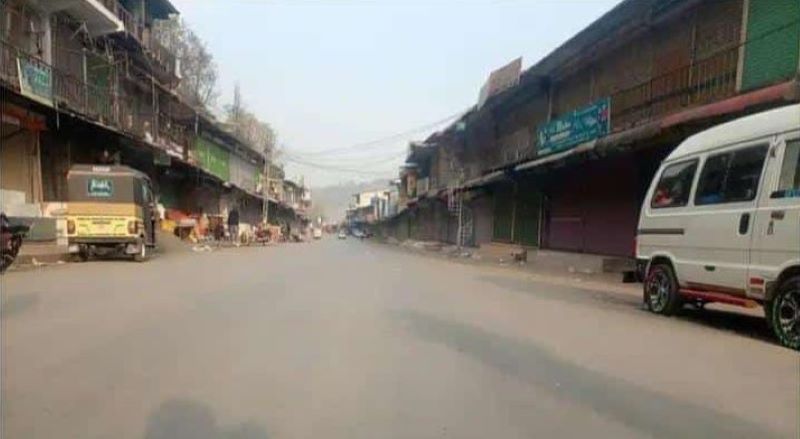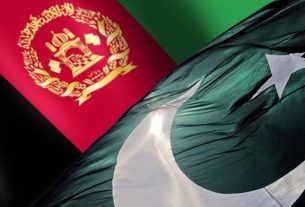In Azad Jammu Kashmir (AJK), an unprecedented wheel-jam and shutter-down strike, launched on December 5 by the Jammu Kashmir Joint Action Committee (JKJAC), has captured the attention and support of the region. This strike, fueled by growing public dissatisfaction with unmet government promises, marks a pivotal moment in AJK’s struggle for fundamental rights.
The movement has been propelled by a strong demand for essential services, including education, healthcare, and access to basic amenities. Citizens are rallying for justice, urging government institutions to address these long-neglected issues. The strike is not only a protest but also a call for accountability and action.
“This strike is a fight for the fundamental rights of every citizen of Azad Jammu Kashmir,” stated a supporter. The leadership of the JKJAC has been commended for standing firm on public issues, earning the unconditional support of various groups, including students, workers, and public representatives.
The backdrop of the strike lies in the recent imposition of a controversial Presidential Ordinance, which many citizens see as neglecting their core needs. Instead of addressing vital public concerns, the ordinance appears to have intensified grievances, sparking widespread frustration. The strike has become a platform to amplify these voices, uniting people from all walks of life in a common cause.
The strike has already demonstrated its impact by halting economic activities and drawing attention to the pressing needs of the population. Shops are closed, streets are deserted, and the unity of the public is evident in every corner of AJK. Leaders and citizens alike believe this movement will force the government to prioritize public welfare over political expediency.
As the strike continues indefinitely, its success depends on sustained public support and government responsiveness. The people of AJK have shown that they will no longer remain silent. This movement is a testament to their resolve, setting a historic precedent for the fight for fundamental rights in the region.





